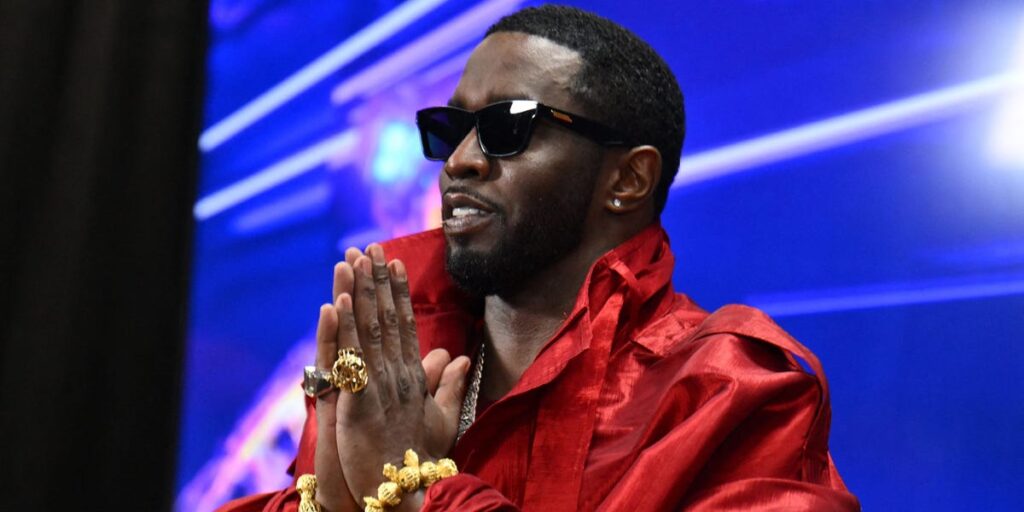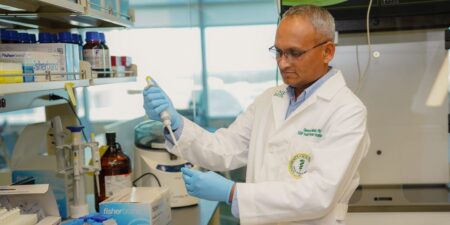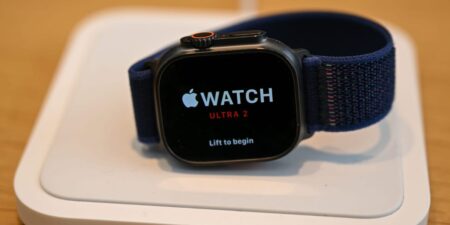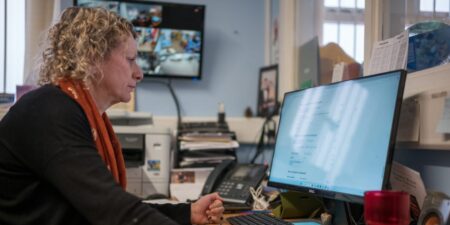Manhattan federal prosecutors rested their sex-trafficking and racketeering case against Sean “Diddy” Combs on Tuesday following six-and-a-half weeks of trial testimony.
It’s now the defense’s turn, and the hip-hop mogul’s lawyers have already indicated that they will not call any witnesses to testify on Combs’ behalf. Instead, his lawyers say they will read stipulations agreed upon by both parties into the record, and then announce that the defense, too, is resting.
A defense decision not to call witnesses is not uncommon in criminal trials and suggests that Combs’ team believes the prosecution does not have a slam-dunk case, lawyers who are not involved in the trial told Business Insider.
Opting for no witnesses reflects a show of confidence and may prove to be a wise strategy, said attorney Michael Bachner, who was on the defense team in 2001 when Combs was acquitted in Manhattan of state-level gun and bribery charges after the rapper took the stand.
In Combs’ case, Bachner, a former prosecutor who, as an attorney, won an acquittal for Combs co-defendant Anthony Jones, said the defense has likely concluded that they’ve already raised reasonable doubt in the minds of the jury through their cross-examinations of some of the 34 prosecution witnesses and by turning the prosecution’s own evidence against them.
Combs’ eight-man, four-woman jury has seen hundreds of texts and emails between the music tycoon and his two sex-trafficking accusers — R&B singer Cassie Ventura and a later girlfriend who testified under the pseudonym “Jane.”
During their testimony, both women recounted the anguish and fear they said they suffered from participating in years of “freak offs,” described as dayslong, drug-fueled sex performances with male escorts that Combs would record and masturbate to.
But in their cross-examinations, defense lawyers repeatedly underscored that both women also at times expressed enthusiasm for these sex encounters at the center of the case. (The women testified that they were just telling Combs what they knew he wanted to hear.)
“Unless you have something that’s a critical witness, like an alibi witness, it’s sometimes just safer to sit on your laurels and hope you’ve raised reasonable doubt,” Bachner said.
“I think they believe that with what they have now, they have a good chance of getting at least one hung juror,” he added. “And if there’s a hung jury, you may not be re-tried.”
Combs had one final chance to change his mind and take the stand before his lawyers rest their case. Outside the presence of the jury, the judge asked Combs if he is voluntarily waiving his right to testify on his own behalf. Combs stood at the defense table and said he was.
“It’s my decision,” he told the judge of choosing not to testify.
Combs also slipped the judge a compliment, telling him, “I want to tell you I think you are doing an excellent job.”
Combs has denied the criminal charges against him, and his attorneys have argued that the sexual interactions cited in the case were consensual. They also argue that Combs’ business was not a criminal racket.
“The defense has a narrative that has come across very clearly through the defense opening statement and all the cross-examinations. They’ve made a decision that the defense witnesses will not be necessary to that narrative,” said former Manhattan federal prosecutor Sarah Krissoff.
Combs’ lawyers likely have some documents that they want admitted, and they can do that via stipulation, said Krissoff, a white-collar defense attorney.
Stipulations are agreements between lawyers on both sides to enter documents or other facts into evidence.
Spencer Kuvin, an attorney who has represented multiple accusers of late convicted sex offender Jeffrey Epstein, said, “By only reading stipulations and not calling a single witness, Diddy’s attorneys are positioning to argue that the government has failed to prove the charges beyond a reasonable doubt.”
“The government must prove Diddy’s guilt beyond a reasonable doubt, and if they do not, Diddy is not guilty,” Kuvin said.
In opening statements on May 12, prosecutor Emily Johnson told the jury Combs used “lies, drugs, threats, and violence to force and coerce” Ventura, his ex-girlfriend of more than 10 years, and later Jane, into the freak offs.
Combs, a one-time near billionaire, is accused of running a racketeering conspiracy that committed numerous crimes, including sex trafficking, arson, kidnapping, bribery, witness tampering, forced labor, and drug distribution.
“For 20 years, the defendant, with the help of his trusted inner circle, committed crime after crime,” Johnson said.
Combs’ defense attorney, Teny Geragos, countered in her opening statement that Combs is a “complicated” and “flawed” man with a violent side, but said the evidence does not show that he’s a sex trafficker or racketeer.
“This case is about voluntary, adult choices made by capable adults and consensual relationships,” Geragos said. “This case is about those real-life relationships, and the government is trying to turn those relationships into a racketeering case, a prostitution case, and a sex trafficking case. It will not work.”
Jurors heard nearly two weeks of what was at times emotional testimony from Ventura and Jane. Both said they felt compelled by Combs to have sex with male prostitutes while he watched and recorded them. These elaborate, drug-fueled performances would go on for days, typically in luxury hotels, the women said.
They participated out of fear of Combs’ violence and because of his emotional and financial control over them, they testified. Prosecutors used photographs of bruises, eyewitness testimony, and years of text and email messages to corroborate the women’s accounts.
Jurors also viewed graphic freak off video footage that the public and media were not permitted to see.
Read the full article here
















